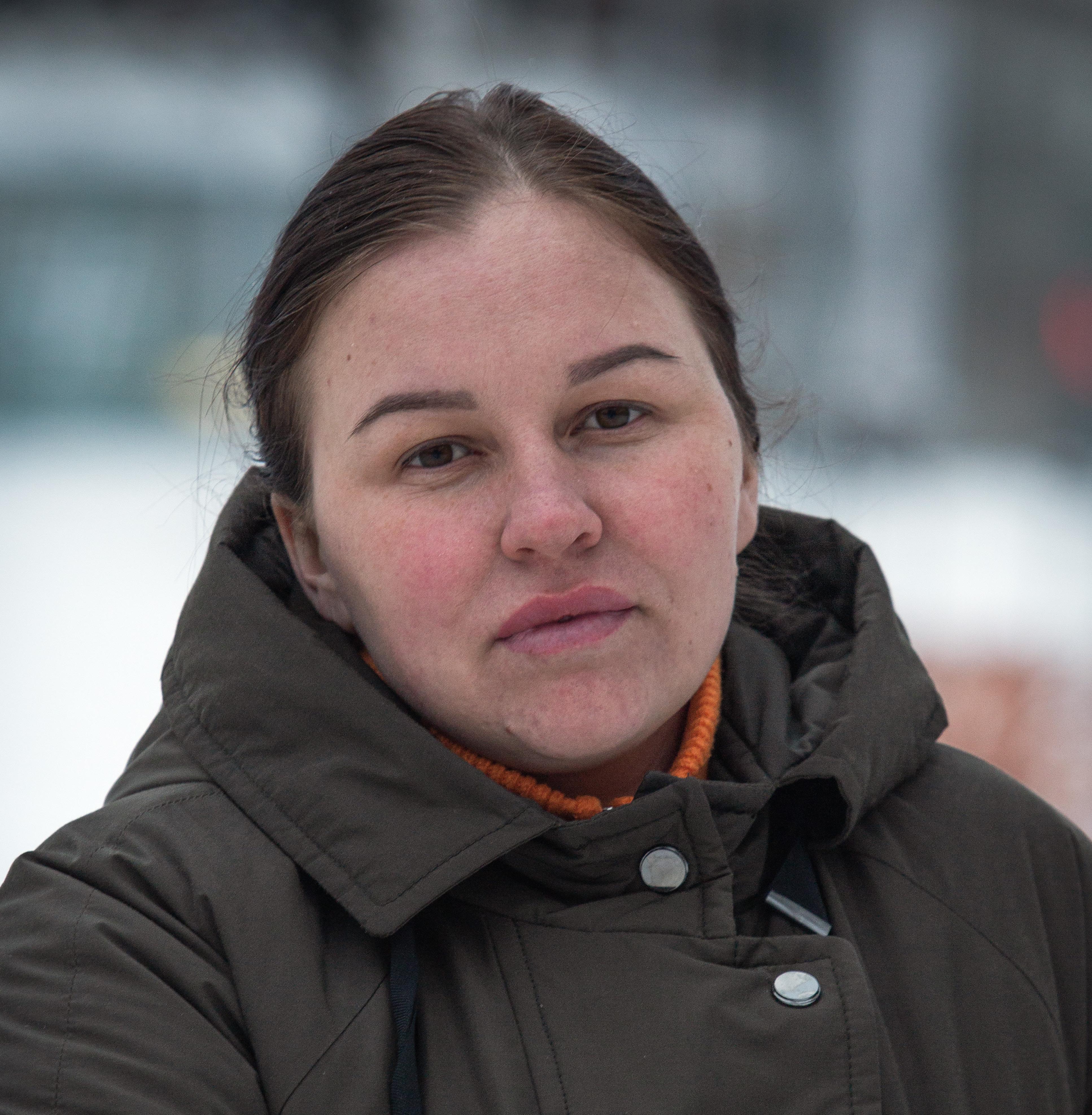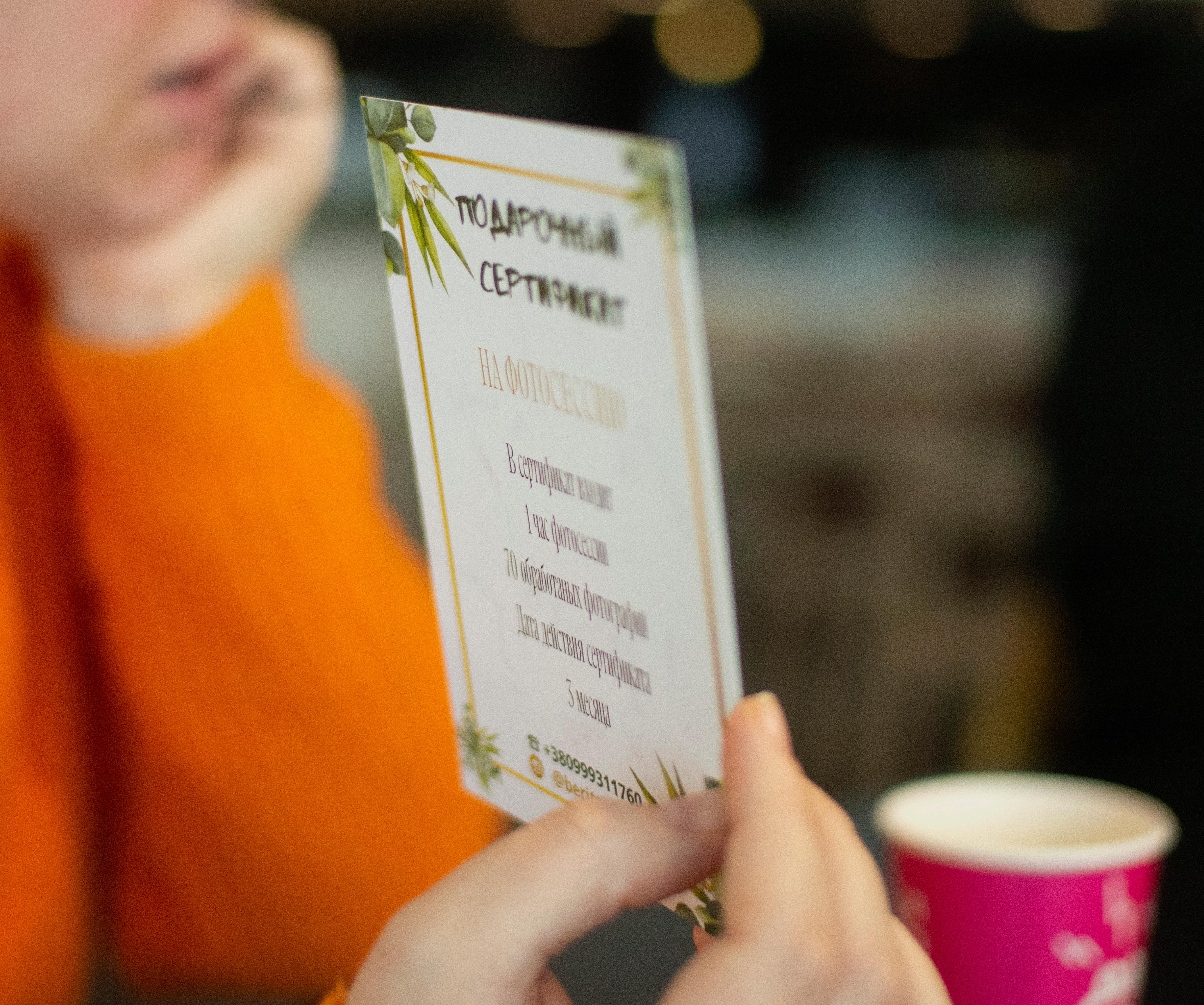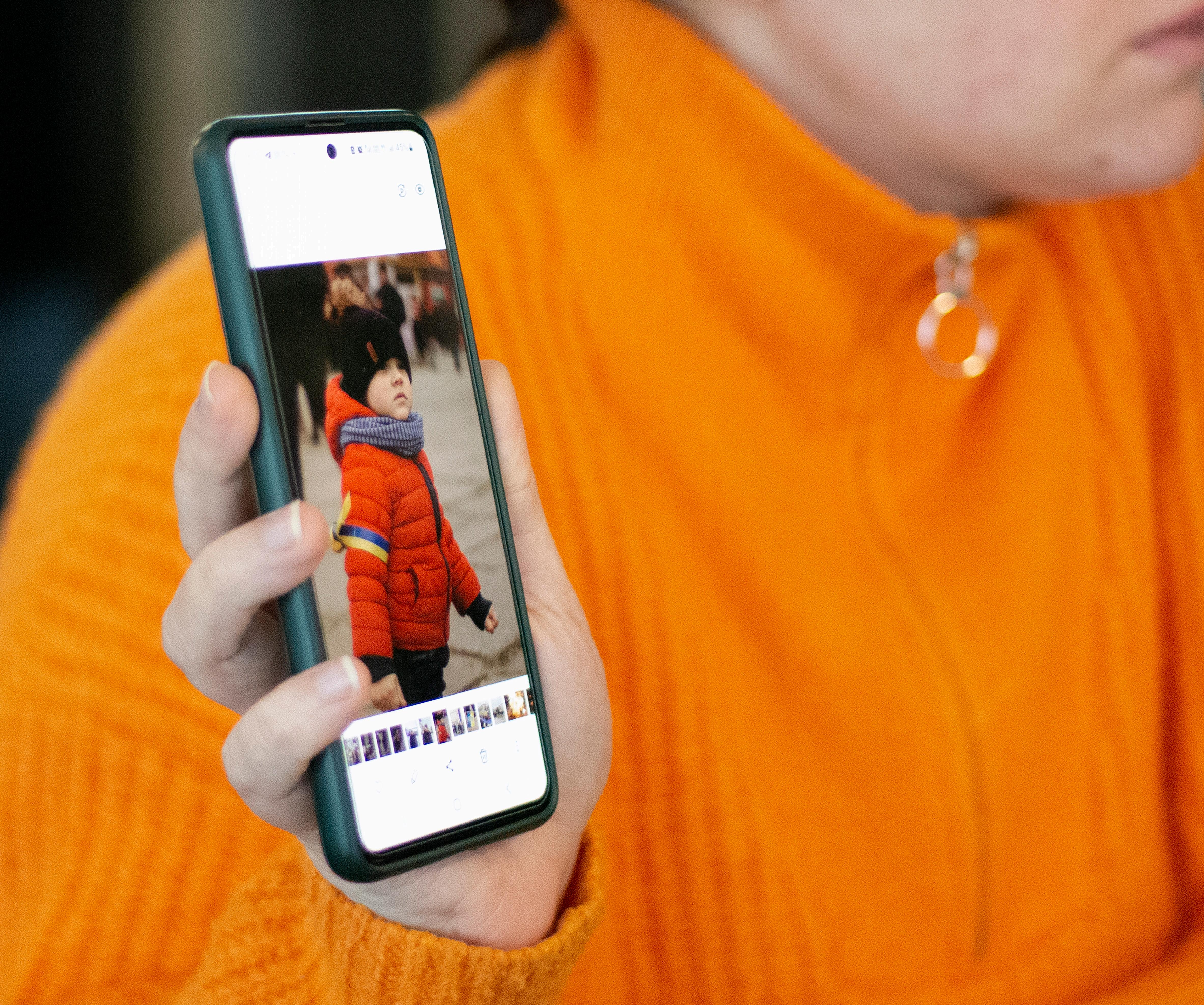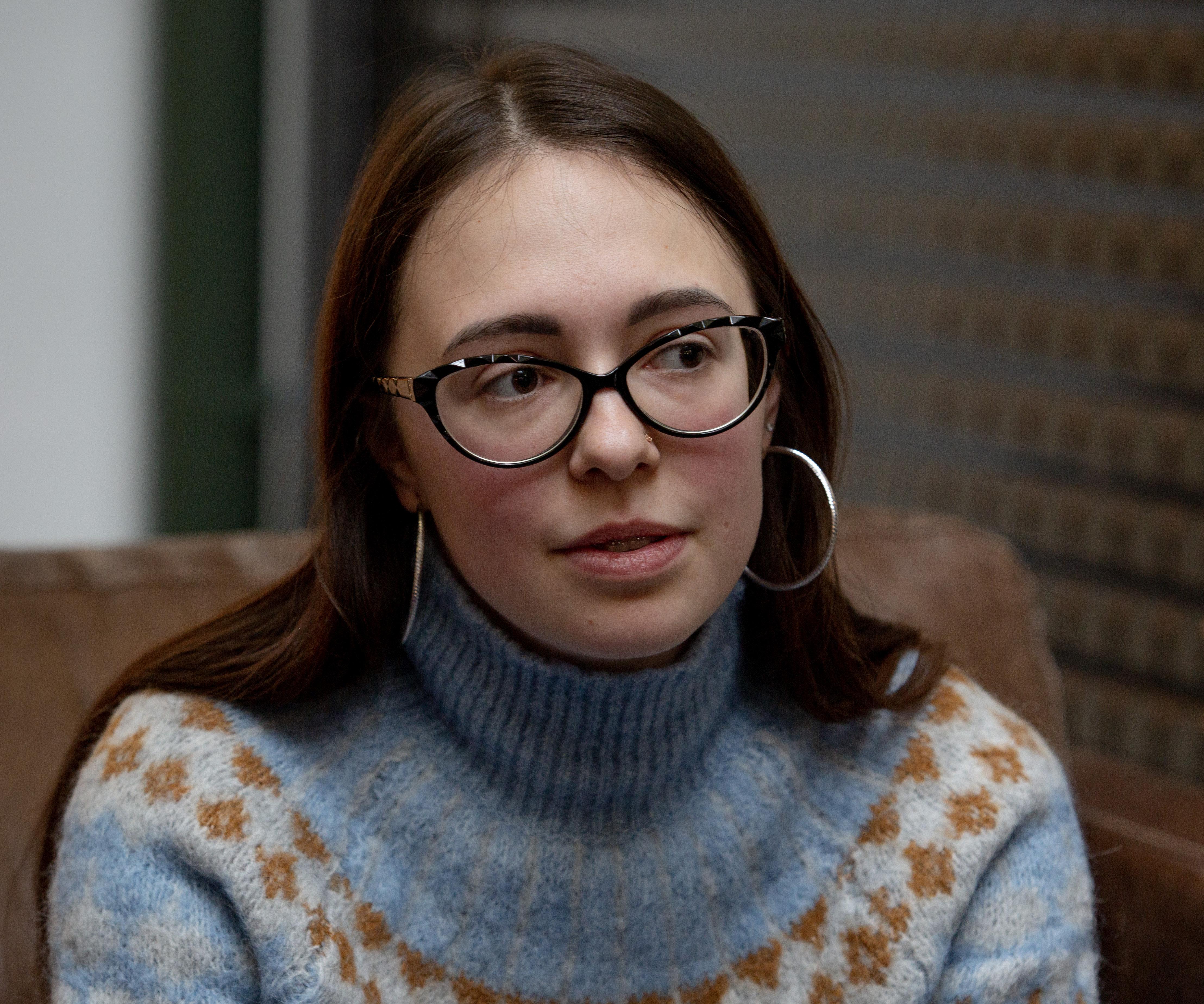
2 minute read
Pictures of horror
Liliia had opened her own photo studio just before the war. Later her love for photography turned against her.
Liliia’s life was picture perfect. She was married with two kids and she and her husband had good jobs. War didn’t seem possible and Liliia, like many others, didn’t think much of it.
Advertisement
In the morning of the attack Lillia’s family woke up to the news and their neighbours packing their cars and leaving. The queues to gas stations, grocery stores and ATMs were kilometers long.
Standing in line to an ATM Liliia had a view of her neighbourhood. She saw a military vehicle and soldiers next to her home and decided to run back home thinking they were Russians who came to kill her family. Luckily, it was a Ukrainian patrol looking for volunteers to join the fight.
Later that day, the town was almost deserted.
Two weeks after the war began, Russians came to Liliia’s town. No one was allowed to leave without permission and a curfew was put in action.
Liliia’s grandmother lived in a village 50 kilometers away and when the phonelines were cut, Liliia decided to go get her. She and her husband marked their car with white pieces of cloth and went on their way.
The sides of the roads were full of cars, as if the Russians had been playing in a shooting range. They had shot the fleeing civilians in their cars. The sides of the roads were full of death.
Driving with a speed of almost 200 kilometers per hour, the trip took Liliia and her husband just 15 minutes. In those 15 minutes she realized what was important to her in life.
Liliia’s grandmother couldn’t understand the situation even after seeing the carnage on the road. Liliia and her husband took her to their hometown.
The family lived in their home until the nightly bombings got too intense and they left for a shelter at Liliia’s husband’s workplace. Liliia’s son began to stutter from the trauma of the war and the noise from constant low-flying Russian jets made his ears bleed and gave him panic attacks. Like it did to many other children.
Liliia found a new job selling apples at the local market. She yelled, danced and sang to lure the buyers. The fresh Ukrainian apples were a delicacy compared to the food the Russians brought to the town.
In the summer the family got a break from the dreary life in the war-torn town and traveled south to the countryside, where Liliia’s husband had a job assignment. It was way more peaceful, and the family enjoyed their time there.
The family made friends there and together they made plans to leave the country. The next day a van full of women and children left towards the Crimean Peninsula, which was the only way out. Liliia’s husband would take the journey later.
On the Russian side of the border, they were apprehended and taken to a filtration camp where they were interrogated. Liliia’s only possession she had with her was her dear camera. That made her and her company stand out in the searches. She was harshly interrogated because of it, and the camera was examined thoroughly.
Luckily, unlike many others, Liliia and her children were finally let through to continue their journey. She doesn’t plan for a future in Finland. Her heart and dreams are still in Ukraine, and she is determined to get them back someday.

“The only thing I took with me was my camera. In the camera bag were these giftcards.”


“The corpses in those burned cars were civilians, who also wanted to flee to a more peaceful area.”







